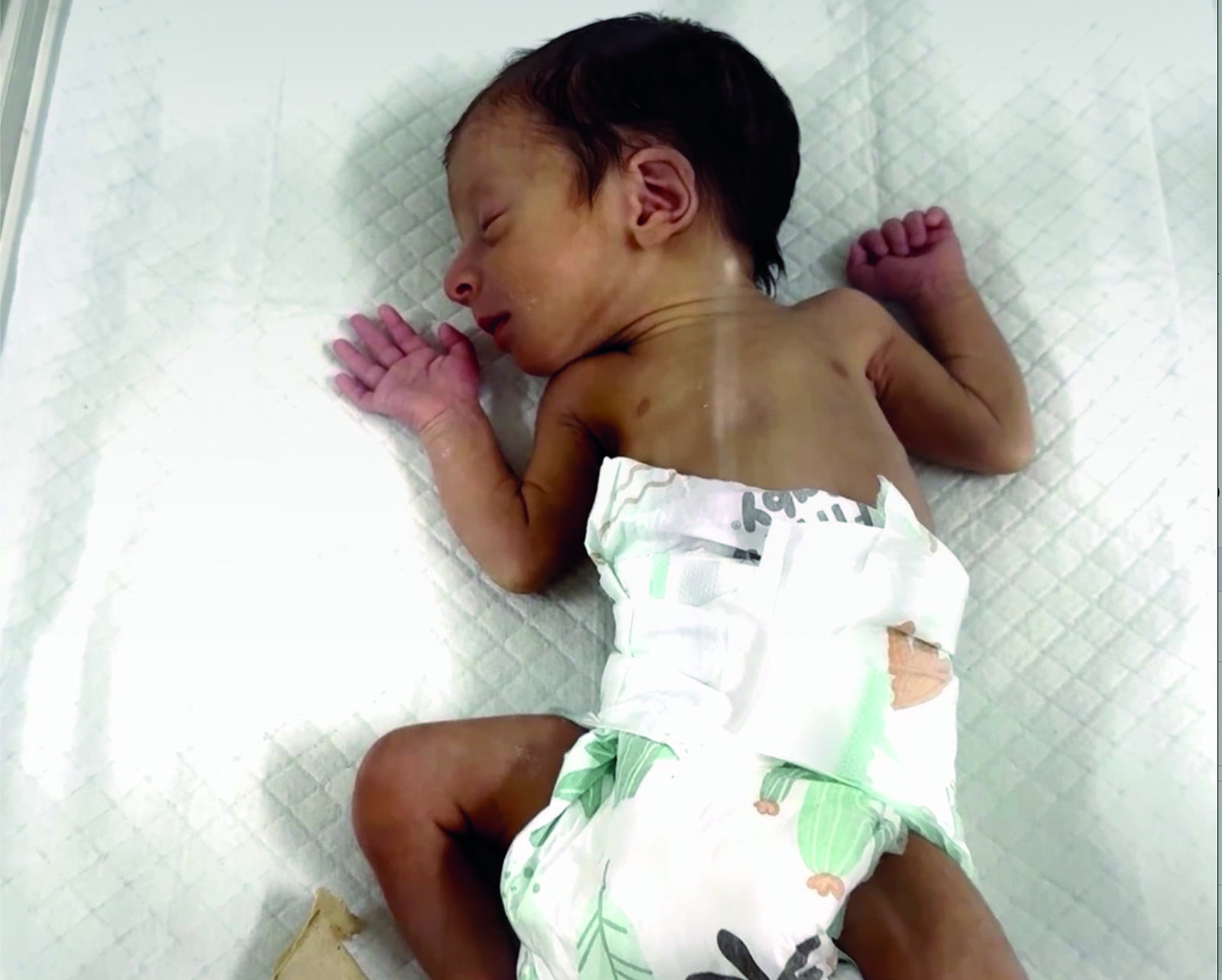The clock’s ticking.
Help save children’s lives in 30 seconds!
If you’ve generously donated over €250 any of the last four years, UNICEF can claim up to 45% of your gift back in tax.
This means you can help even more children in need without donating again.
Please download, sign and return the form below as soon as you can to
UNICEF Ireland, 33 Lower Ormond Quay, FREEPOST, Dublin 1.
Please do not submit a tax if your donations do not qualify as we will not be able to claim back tax on these donations.
If you are unsure if your donations qualify, please contact us and we would be happy to assist. Thank you.
Help more children without donating a single cent more – in just 30 seconds!
Signing and returning your tax form means that UNICEF can claim tax back on your donation. You only need to complete this form once every five years.
Don’t miss this opportunity to increase your wonderful support for children.
For every €250 you donate, UNICEF can claim up to €112 back on your donations from Revenue.
That’s enough to provide emergency therapeutic food to help bring 2 more children back from the brink of starvation.

The difference YOU can make with just your signature!
Sama made it through the war in Gaza to deliver her twin boys. But born pre-term and underweight at just over a kilogram, both her babies struggled from the minute they drew breath.
Tragically, one of her little sons didn’t survive.
Sama’s now struggling to get by in a tent, and her surviving son Watan (pictured left), is in an incubator.
He can’t go home to her until he’s strong enough to survive the extremely difficult conditions she’s forced to live in.
It was amazing kindness like yours that helped to provide incubators like the one that’s keeping Watan alive.
But with severe shortages of essential medicines and medical supplies, thousands of children are still in dire need of life-saving help.
By signing and returning your tax form, you will
send urgently needed funds to help save children like Watan.
Please complete your form today. Thank you.
Tax Back Scheme FAQ
1. How much do I have to give to qualify for tax back?
Donations that amount to €250 in any one year or more qualify for tax back.
2. How much more money will you get for my €250 donation?
If you gave €250 or more in a single year and are a taxpayer, UNICEF can claim up to 45% of the value of your donation; this means a donation of €250 could be worth an extra €112.33. If you donate €1,000 UNICEF can claim €449.30, making your donation to children worth €1,449.30!
3. Where do I find my PPS Number?
You will find this on your payslip, Public Services Card or any communication from the Office of the Revenue Commissioner.
4. I do not pay tax, but my spouse/partner does?
You may be jointly assessed and if that’s the case, you can still fill out the form. You just need to fill out the details of the person who pays tax.
5. Can I still fill out the form if I do not pay any tax?
If you were either a self-assessed taxpayer or paid tax on your annual income in the year that your donation of over €250 was paid, then you can go ahead and fill out the form. Otherwise unfortunately we will not be able to claim tax back.
6. Does it matter if I am self-employed or self-assessed?
Since 1 Jan 2013, self-assessed and PAYE taxpayers are treated the same – all tax back goes to the charity, not the taxpayer. So, while you don’t get the tax back yourself, your donations to UNICEF Ireland can be worth up to 45% without donating again.
7. How can I stop receiving tax forms?
If you are not a taxpayer or you prefer not to receive the tax form in future, please call our Donor Care Team on 01 878 3000.
8. What if I give to more than one charity?
The donation amount on the form is what you have given to UNICEF. It doesn’t matter if you have given to other charities as well.
9. Can I cancel an Enduring Certificate ?
Yes. The tax form is valid for 5 years, but if you decide later that you do not want UNICEF to receive tax back, you can cancel an enduring certificate at any stage by contacting UNICEF Ireland.
10. Do donations collected from a charitable event organised by me qualify for this scheme?
Unfortunately, we can only claim tax back on donations which came personally from you.
11. If I complete and return the tax form, does that mean I am committed to giving money in future years?
Absolutely not. We can only claim tax back on donations which you have already given to us, or that you may give in the next 4 years.
12. Do I need to disclose my earnings or tax details?
No. You don’t need to tell us your earnings or how much tax you pay. All we need is your authorisation to claim back tax on your donations, which you can give by signing and dating the tax form. What’s more, the information that you disclose on a Charity Tax Relief Form will be kept completely confidential

